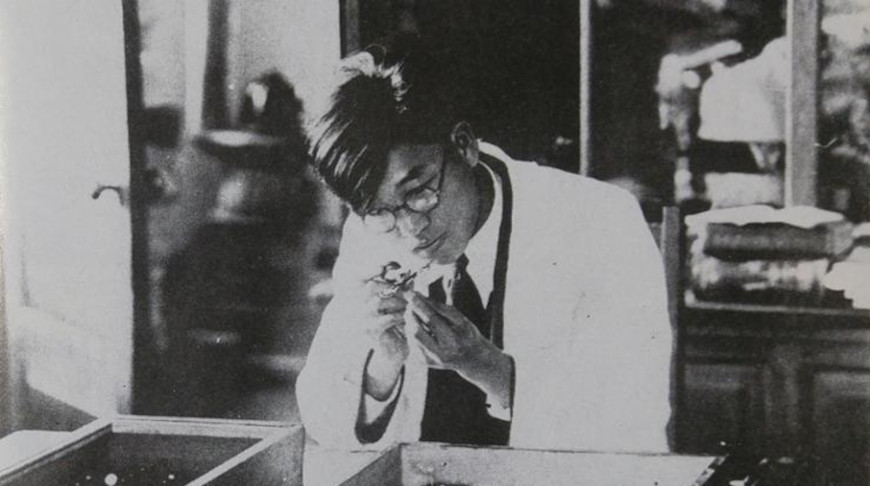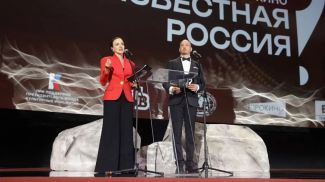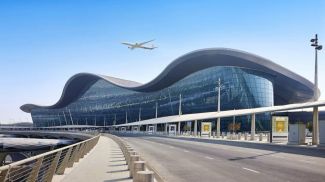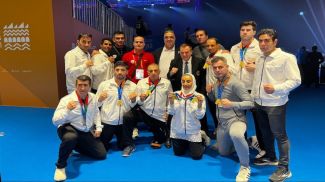
SEOUL, 24 September (BelTA - Yonhap) - Rare butterfly samples collected
by world-renowned Korean entomologist Seok Joo-myung across the country
during Japanese colonial rule will be returned to South Korea from Japan
this week, a government agency said Tuesday.
The National Institute of Biological Resources (NIBR) said it plans to receive a donation of about 120 butterfly specimens collected by Seok from Japan's Kyushu University on Wednesday.
Famed for his significant contributions to the taxonomy of Korean butterfly species, Seok (1908-50) traveled throughout the Korean Peninsula in the 1930s and 1940s to research butterflies and collected over 750,000 specimens.
He classified Korean butterflies into 248 species and eliminated wrong scientific names for 844 butterfly species, earning the nickname "Dr. Butterfly." But almost all of Seok's extensive butterfly samples were lost before and during the 1950-53 Korean War. He reportedly burned about 600,000 specimens, and the remaining 150,000 samples were destroyed during the war.
Only 32 specimens have remained in South Korea, and they are designated as national cultural properties.
The NIBR said its researchers confirmed in March this year that some of Seok's specimens exist in Japan and persuaded the Japanese university to donate them.
The institute said the specimens set to be returned from Japan include rare butterfly specifies collected in the mountainous regions of what is now North Korea. The NIBR plans to hold a special exhibition of Seok's butterfly specimens in November.
The National Institute of Biological Resources (NIBR) said it plans to receive a donation of about 120 butterfly specimens collected by Seok from Japan's Kyushu University on Wednesday.
Famed for his significant contributions to the taxonomy of Korean butterfly species, Seok (1908-50) traveled throughout the Korean Peninsula in the 1930s and 1940s to research butterflies and collected over 750,000 specimens.
He classified Korean butterflies into 248 species and eliminated wrong scientific names for 844 butterfly species, earning the nickname "Dr. Butterfly." But almost all of Seok's extensive butterfly samples were lost before and during the 1950-53 Korean War. He reportedly burned about 600,000 specimens, and the remaining 150,000 samples were destroyed during the war.
Only 32 specimens have remained in South Korea, and they are designated as national cultural properties.
The NIBR said its researchers confirmed in March this year that some of Seok's specimens exist in Japan and persuaded the Japanese university to donate them.
The institute said the specimens set to be returned from Japan include rare butterfly specifies collected in the mountainous regions of what is now North Korea. The NIBR plans to hold a special exhibition of Seok's butterfly specimens in November.













